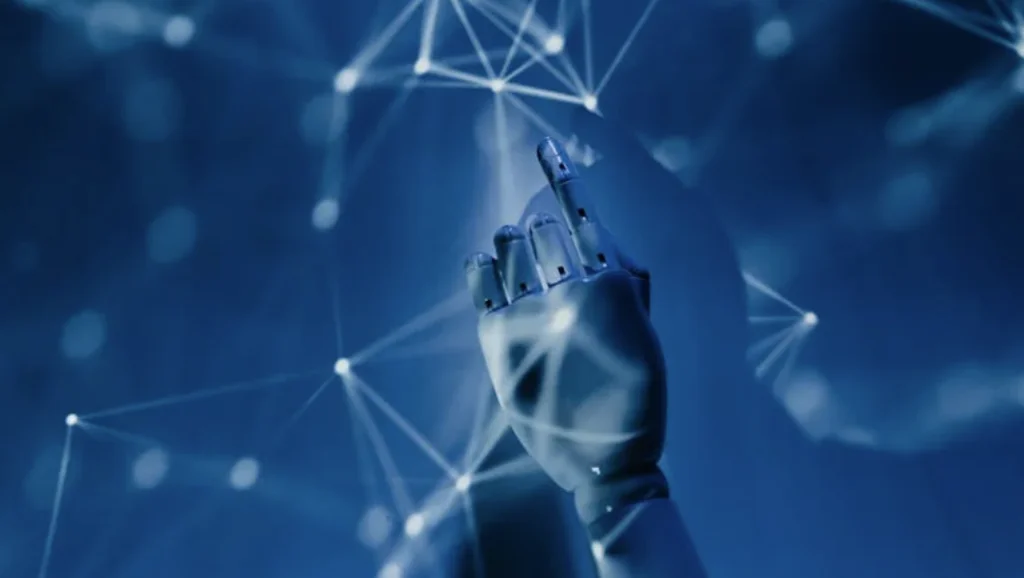Autopilot and artificial intelligence in the car – the future is already here
Well-known automakers annually delight us with fascinating new products. Many of these models have modern functions and systems that use artificial intelligence. This turns simple cars into innovative vehicles that relieve the driver of most of the work and make every trip more economical, comfortable, and safe. Our article will tell you how close autopilot and AI have brought us to the future and whether there are prospects for further improvement.
The role of AI in car operation
Artificial intelligence plays a vital role in operating various systems in a modern car. This has made vehicles safer, more economical, and more comfortable. However, first things first. Let’s start with the fact that AI operates various car safety systems. He is not the only link in the entire chain but plays a vital role in this process. Its task is to instantly process information collected using sensors installed in different vehicle parts. AI is also responsible for making decisions that affect the car’s behavior on the road.
Artificial intelligence is involved in the process of optimizing vehicle energy efficiency. This happens by analyzing the vast amount of information entering the computer. Such work makes it possible to improve battery performance, minimize unnecessary charge losses, and also find ways to optimize energy consumption.

In some cases, AI is used to increase the service life of batteries installed on an electric car. If modern technologies are introduced into fuel-powered vehicles, they help make decisions that help reduce the amount of harmful emissions into the atmosphere. This occurs due to the correct route choice, setting the optimal speed for each section of the road and monitoring the efficiency of one or another component of the vehicle.
Artificial intelligence in a car directly affects the comfort of the driver and passengers. AI models can remember each person’s preferences and adjust the environment to their needs. For example, systems responsible for comfort in the car interior independently set the optimal temperature, select the preferred music volume, and adjust many other settings. In addition, AI simplifies the process of diagnosing a car. It collects data on the performance of each node and compares it with standard indicators. If inconsistencies are detected, the vehicle owner receives a corresponding message indicating the problem, possible reasons for its occurrence and suggestions for correcting the situation.
Features of modern cars with autopilot function
Vehicles equipped with many modern innovations can be found in almost any car dealership. They are also sold at Arlington auto auction and similar sites in other cities. Such models differ from cars of the recent past, as they have many exciting features. First of all, the opportunity to improve road safety is highlighted. This is achieved through access to the autopilot function, which independently detects dangerous proximity to other vehicles, applies the brakes promptly and helps the car avoid various obstacles. In addition, using autopilot enables you to park correctly, change lanes, etc.
An essential feature of all models with autopilot is the presence of many modern instruments and innovative systems. They all help artificial intelligence make the right decisions and control the vehicle accurately. In models where the autopilot is used only for a certain period, various technological innovations simplify the driver’s work and give him complete control over the car. Making even the most complex decisions takes only tens of milliseconds of autopilot time. The advantage will be significant if you compare this value with the human reaction. Thanks to the higher speed of decision-making, autopilot avoids collisions and other troubles, even when a person cannot do so.
The future of autopilot and AI in cars
You don’t need to be an oracle to predict a bright future for self-driving cars and artificial intelligence. In the coming years, their number on the roads of large and small cities will proliferate. In this regard, it is necessary to study the priority areas in which progress will be most noticeable. First of all, car manufacturers will gradually expand the influence of AI on the driving process. This could reduce the number of road accidents and save thousands of lives.
An equally significant development area will be the continued implementation of artificial intelligence in informing the driver. In the future, this will provide everyone with access to valid data, which, if used correctly, will improve safety, optimize fuel or battery consumption, and make driving more comfortable. In the case of models equipped with an autopilot function, having more information will reduce the percentage of erroneous decisions and minimize the likelihood of any traffic accident occurring.
Shortly, one of the critical tasks for developers of self-driving cars will be to speed up the processor, which will recognize and process incoming information (for example, images from cameras). Today, the speed of this process is already tens of times faster than that of human reaction, but this is still not enough to eliminate emergencies.
It is expected that there will be no drastic changes in this direction. At the same time, each data processing stage will gradually accelerate from year to year. Most likely, this will happen due to the improvement of the processor itself and the AI it uses.
Modern technologies and various new developments inevitably bring our future closer. Today, many cars are equipped with an autopilot function and are controlled using artificial intelligence. In the future, the situation will change very quickly. We must adapt to new realities and perceive what is happening as commonplace. Despite all the shortcomings and concerns, the future is very intriguing, and we look forward to more revolutionary innovations.
Cover: Photo by Emre Aslihak: https://www.pexels.com/photo/dashboard-in-a-car-16274099/